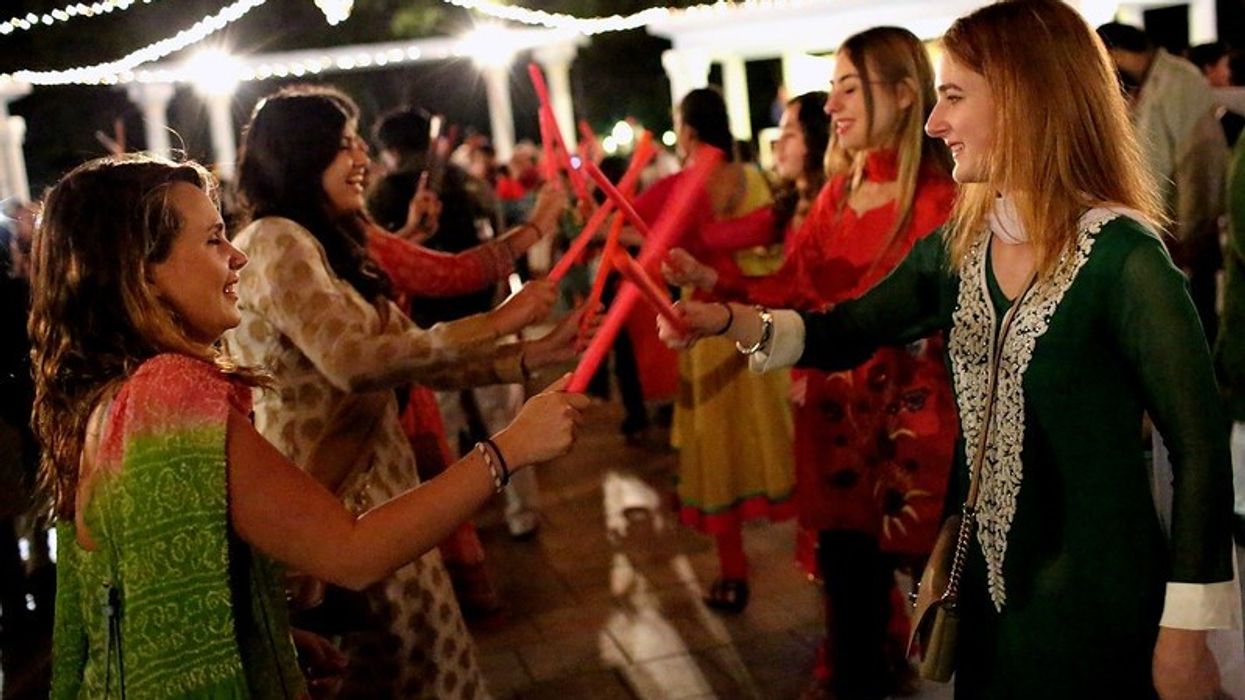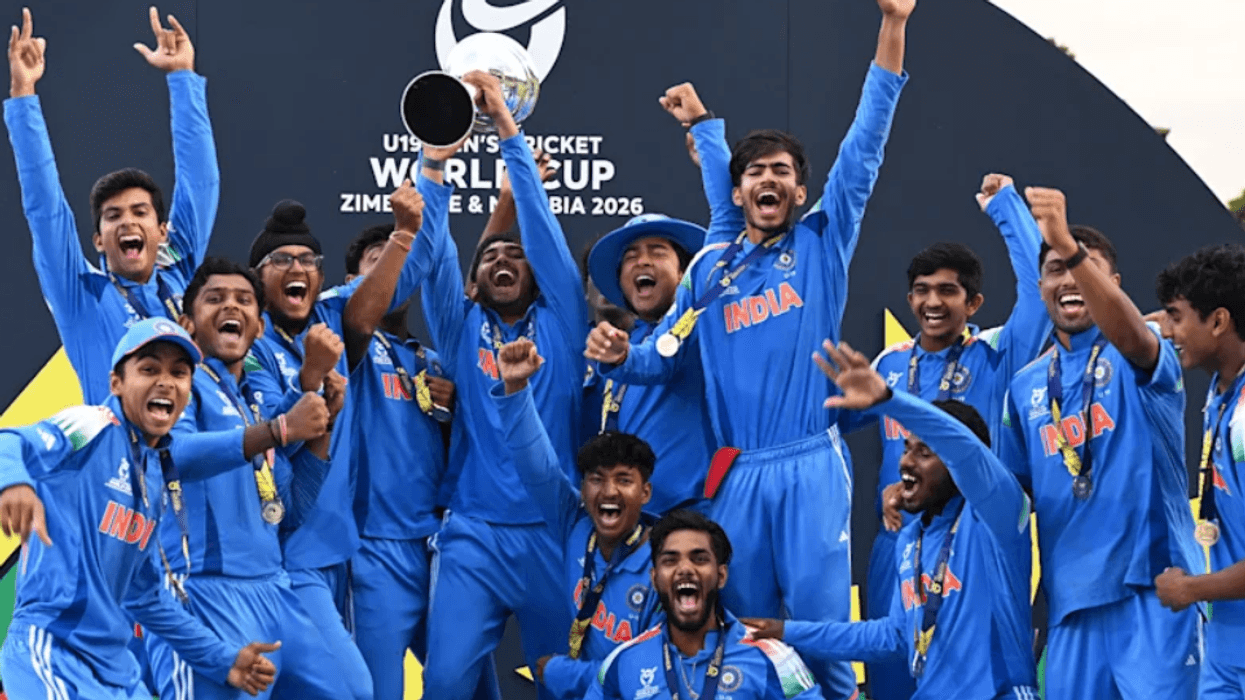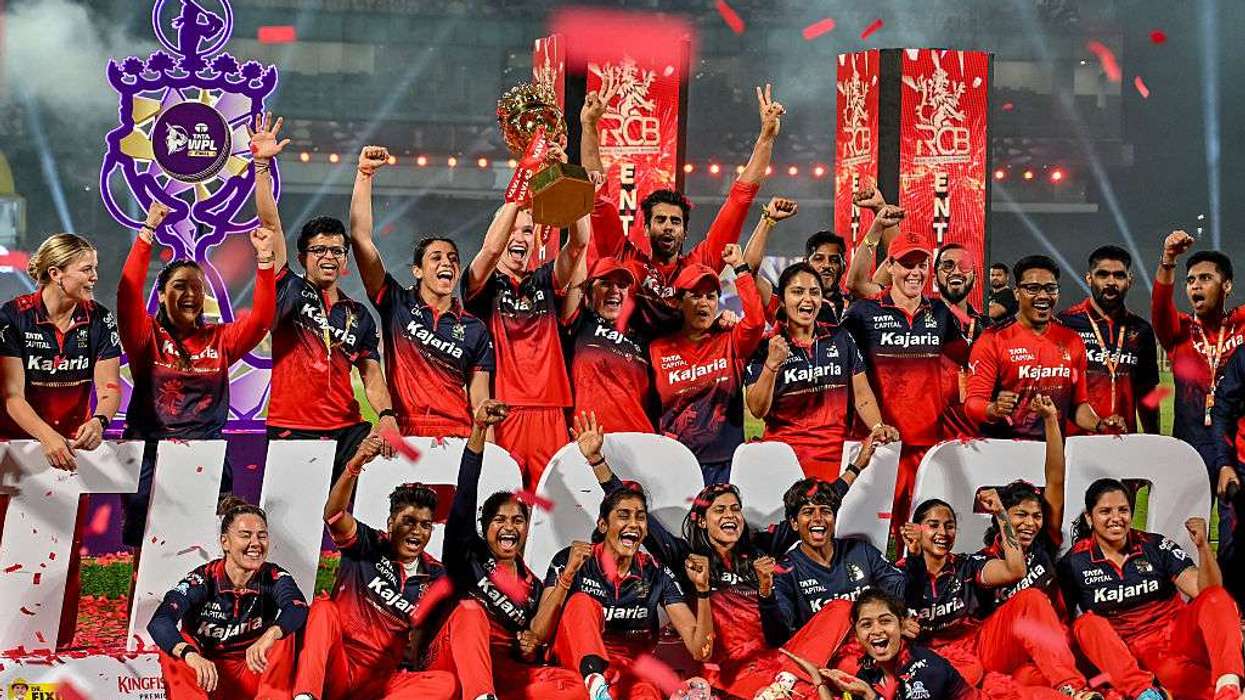The way Diwali is celebrated varies remarkably across the diverse cultures of India. Diwali, in its myriad forms, showcases India’s cultural kaleidoscope. It’s not just a festival; it's an embodiment of unity in diversity, a celebration that honours the richness of traditions and the spirit of togetherness.
Across Indian communities, Diwali echoes the age-old belief in the triumph of light over darkness, spreading joy and unity, casting a radiant glow that transcends cultural boundaries. Let’s delve into the vibrant festivities of the Gujarati, Punjabi, and South Indian communities, each illuminating the essence of the festival in its unique way.
Gujarat: Diwali marks the culmination of a year for the Gujaratis, followed by the celebration of the Gujarati New Year known as Bestu Varas. In Gujarat, Diwali unfolds over five days, commencing with Vaag Baras, Dhanteras, Kali Chaudash, Diwali, Bestu Varas, and concluding with Bhai Bij.
Dhanteras holds significant importance in Gujarat, where many households witness elaborate celebrations. Women often adorn their eyes with kajal made from the flames of diyas, symbolising good fortune. While the rest of the country observes Diwali for a span of two to five days, in Gujarat, the festivities extend almost a week, making it one of the most cherished festivals in the region.
In Gujarat, the festivities of Diwali commence with Agyaras, occurring two days before Dhanteras. This auspicious day falls on the 11th day of the Aso Vad month in the Gujarati calendar, also known as Ashwin. Observers fast on this day and prepare elaborate Gujarati delicacies, which are distributed and gifted to celebrate the Gujarati New Year.
The second day of Diwali, known as Vagh Baras or Vad Baras, is celebrated on the 12th day of the Aso Vad month in Gujarat. This day is dedicated to worshipping cows and cattle, especially in rural areas. The term "Vagh" signifies the settlement of financial debts, prompting people to clear their accounts and ledgers. No new financial transactions are made, and new ledger entries are avoided until Labh Pancham, observed two days after Diwali. In certain villages and regions of Gujarat, Vagh Baras takes a playful turn. Some men paint themselves to resemble tigers with stripes, while others use white paint to depict cattle. The tiger-painted men then chase those painted as cattle, culminating in a lively gathering where everyone feasts and enjoys together.
In Gujarat, the third day of Diwali, known as Dhanteras, is observed similarly to the rest of India. This day is dedicated to honouring Goddess Lakshmi, the deity of wealth. Devotees worship Goddess Lakshmi fervently throughout the festival. On Dhanteras, households traditionally purchase precious metals and stones such as gold, silver, and diamonds. It is a widely held belief among Gujaratis that spending on this auspicious day pleases Goddess Lakshmi, ensuring blessings of prosperity and wealth throughout the year.
The fourth day of Diwali in Gujarat, known as Kali Chaudas, falls between Dhanteras and the main Diwali day. On this day, Gujaratis honour Goddess Maha Kali or Shakti, who defeated the evil king Raktavija, rendering him mortal despite his boon of immortality from Brahma. Kali Chaudas signifies the eradication of all forms of evil, including negative traits like lethargy. It symbolises a fresh beginning devoid of malevolence. Devotees also worship Lord Hanuman on this day, seeking protection against evil spirits and negative energies.
In Gujarat, the fifth day of Diwali, known as Lakshmi Puja, holds utmost significance. Falling on the new moon day or Amavasya in the month of Ashwin, this day marks the end of the year in the Gujarati calendar. Homes are adorned with lights, rangoli, and padukas at doorsteps to welcome Goddess Lakshmi, the harbinger of prosperity. Lakshmi Puja takes place in the evening, where families unite for the rituals. Offerings are made, and prashad is distributed among the household members. Following the Puja, children, light numerous firecrackers, illuminating the sky. The belief is that the noise of firecrackers wards off evil spirits, ensuring homes remain free from misfortune.
The sixth day of Diwali, known as Govardhan Puja or Bestu Varas, signifies the Gujarati New Year. It commences with the crackle of dawn firecrackers at 4 am, as per the Gujarati tradition that starts the day at sunrise. Young boys in the villages in Gujarat collect salt from evaporated ponds, distributing it as 'sabras,' a symbol of good luck in the New Year.
People exchange heartfelt wishes, saying "Nutunvarsh Abhinandan," translating to Happy New Year in Gujarati. Homes come alive with fresh flowers, wall hangings, and colourful rangolis. Sweets and snacks are shared among neighbours and family members. Additionally, Gujarat observes this day as Bali Pratipada, commemorating a boon granted by Lord Vishnu in his Vaman Avatar to King Mahabali. According to the legend, Mahabali's generosity prompted Vishnu to grant him the ability to visit his kingdom annually, ensuring the people's happiness. This auspicious day marks Mahabali's yearly visit to Earth before he rules the netherworld.
On the seventh day of Diwali celebrations in Gujarat, known as Bhai Bij, the bond between brothers and sisters is celebrated. Brothers are revered as symbols of Krishna, who defeated the evil Narkasura and protected the people. Sisters conduct prayers and aarti for the well-being and longevity of their brothers. Brothers are invited home for a special puja, followed by the preparation of delicious meals. In return, brothers express their love and gratitude by gifting their sisters with presents and blessings, strengthening the unique sibling bond.
Additionally, Labh Pancham, observed on the fifth day of the New Year, marks a significant day for Gujarati businessmen, shopkeepers, and traders. It signals the initiation of new business ventures and the purchase of goods for their shops and companies. This day holds great importance for auspicious beginnings and new investments. Traders inaugurate their fresh ledger books by making the initial entries, inscribing "Shubh" symbolising auspiciousness and "Labh" denoting profits at the very start of the accounting records. This ritual signifies a promising beginning for their financial endeavours. Moreover, many individuals engage in shopping on this day, considering it a gesture of good fortune.
(To be continued) …




